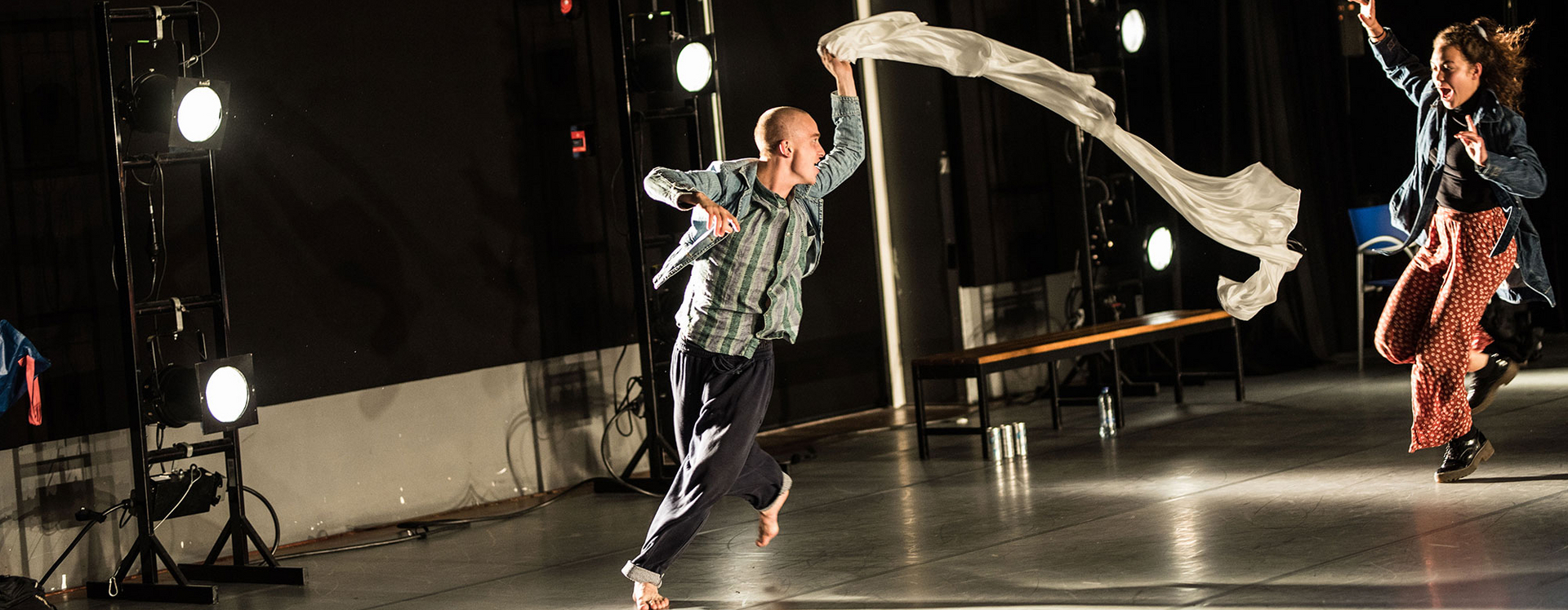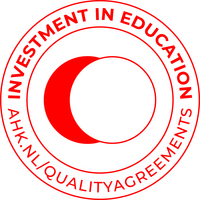Quality agreements - what does that mean?
With the quality agreements we invest in the quality of education. A quality fund has become available through the abolishment of the basic student grant and must benefit students and education. Plans made by the ATD concerning these extra resources came into effect at the beginning of 2019. Our staff-student co-determination bodies; the Academy Council and the Study Programme Committees are closely involved with the realization and evaluation of these investments which are bound to four national themes.
An overview of the projects/activities that we support from Quality agreements:
A. Differentiation in education
Differentiation in education means that we strive to offer our students more possibilities to profit from education before and after their study. Part of the extra funding will therefore go the 5 O’Clock Class. It will help to keep preliminary dance training affordable and accessible.
Another part will go to THIRD at DAS Research at DAS Graduate School. THIRD offers artists already active in the work field, an opportunity to pursue a specialization of their professional practice. Artists refine research questions and prepare themselves for an artistic, academic promotion.
B. Education intensity and facilities
We also invest in the IDlab located on the fifth floor, where students, study programmes and quest from the workfield experiment with the latest digital developments. With the extra funding, IDLab has become a state-of-the-art workplace. Programme director of IDlab is Erik Lint.
There is increasing demand for rehearsal space at our school, but there is no more room available. We are therefore deploying part of the quality resources to rent external studios and workspace. In Amsterdam this is no easy task because of the shortage of studios in the city and high prices. Nonetheless, we are doing the best we can to meet the demands of students and study programmes.
Since this year we have extra personnel to assist students at a productional and technical level.
C. Student guidance
The ATD is busy with the development of a Care Advice Team that will offer students coaching and care at a physica, practical and mental level. The team that will consist of the student counsellor, the confidential advisor and the psychologist, serves as a safety net for students. Currently talks are being held with students to inventorize their needs. The outcome of these interviews will be transformed into policy by Liesbeth Koot during the course of the academic year.
The student bureau Student Life can supply you with all the information you need for studying in Amsterdam. For international students in particular, it offers advice on topics like accommodation, insurance and language courses. In addition, Student Life has a temporary employment agency that offers jobs within the academy. It also wants to explore the possibilities for establishing an impresario. Barbara de Boer is coordinator.
Improving the school’s accommodation and meeting places is a much-heard wish of our students. Facilities manager, Niki Lemmens has visited all the different study programmes to take stock of needs and requests. Contact her if you have a good idea! A good example of what’s possible: this summer a meeting place-cum-kitchen was installed successfully on the eighth floor. And the renewed and improved space on the fourth floor. After visiting the participation councils in the ATD, it became clear that there is a great need for places to sit together in small groups. A space where you can consult with a small group, eat or drink something or just lounge around.
D. Professionalisation of teachers and study success
The Platform for Diversity was set up to realize an inclusive academy. The platform is made up of students, teachers, staff and currently, one alumnus. We started this academic year with an intensive campaign to promote inclusion and diversity; the introduction days were dominated by this issue. The development of diversity and inclusion among students, teachers and in the curriculum is something that deserves are continued attention.
To ensure a healthy labor market in the cultural sector, the Fair Practice Code was launched a few years ago. Values such as solidarity, transparency, trust, diversity and sustainability are central to this. The Fair Practice Module has been developed to provide graduates with insights and tools for practice. This module is a 'plea for the difficult conversation'.

